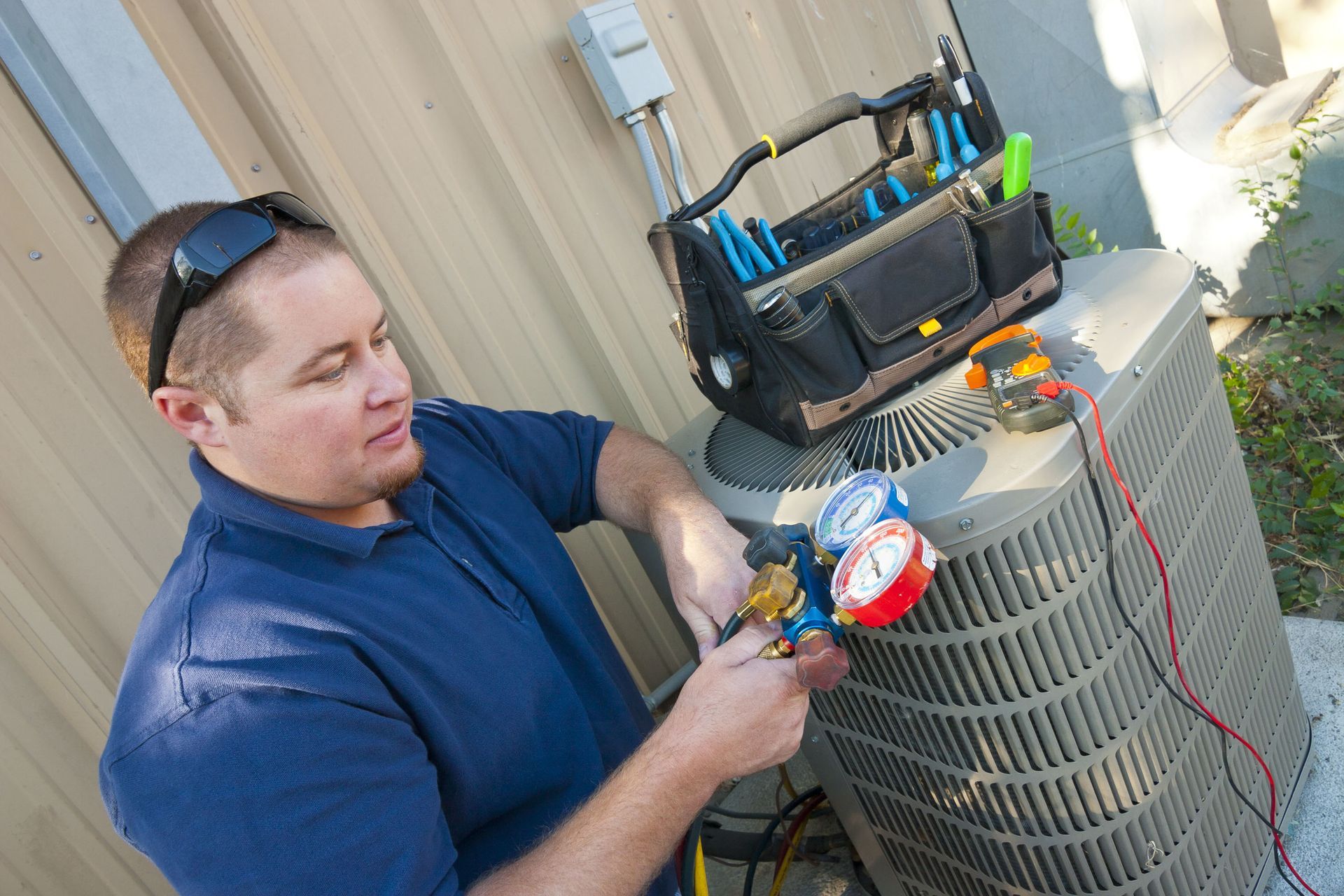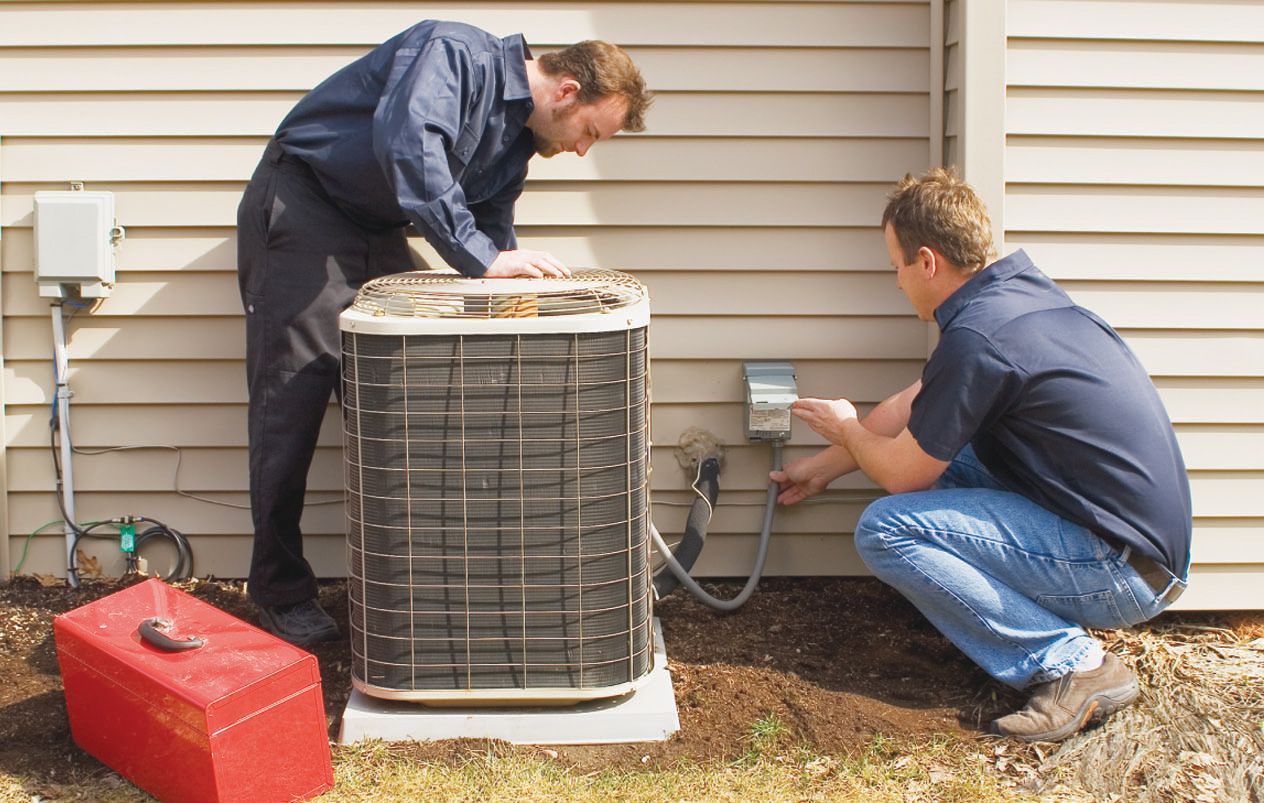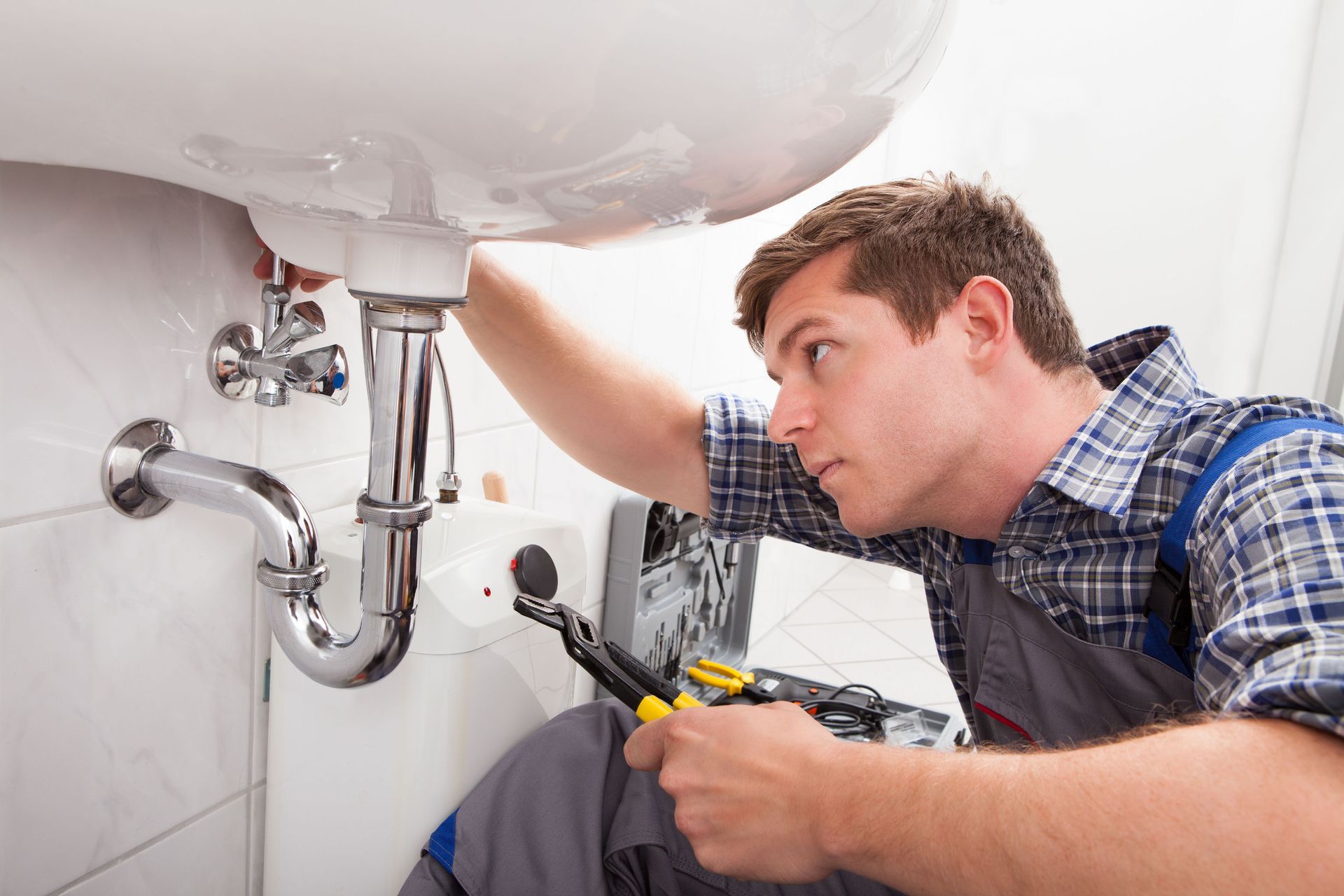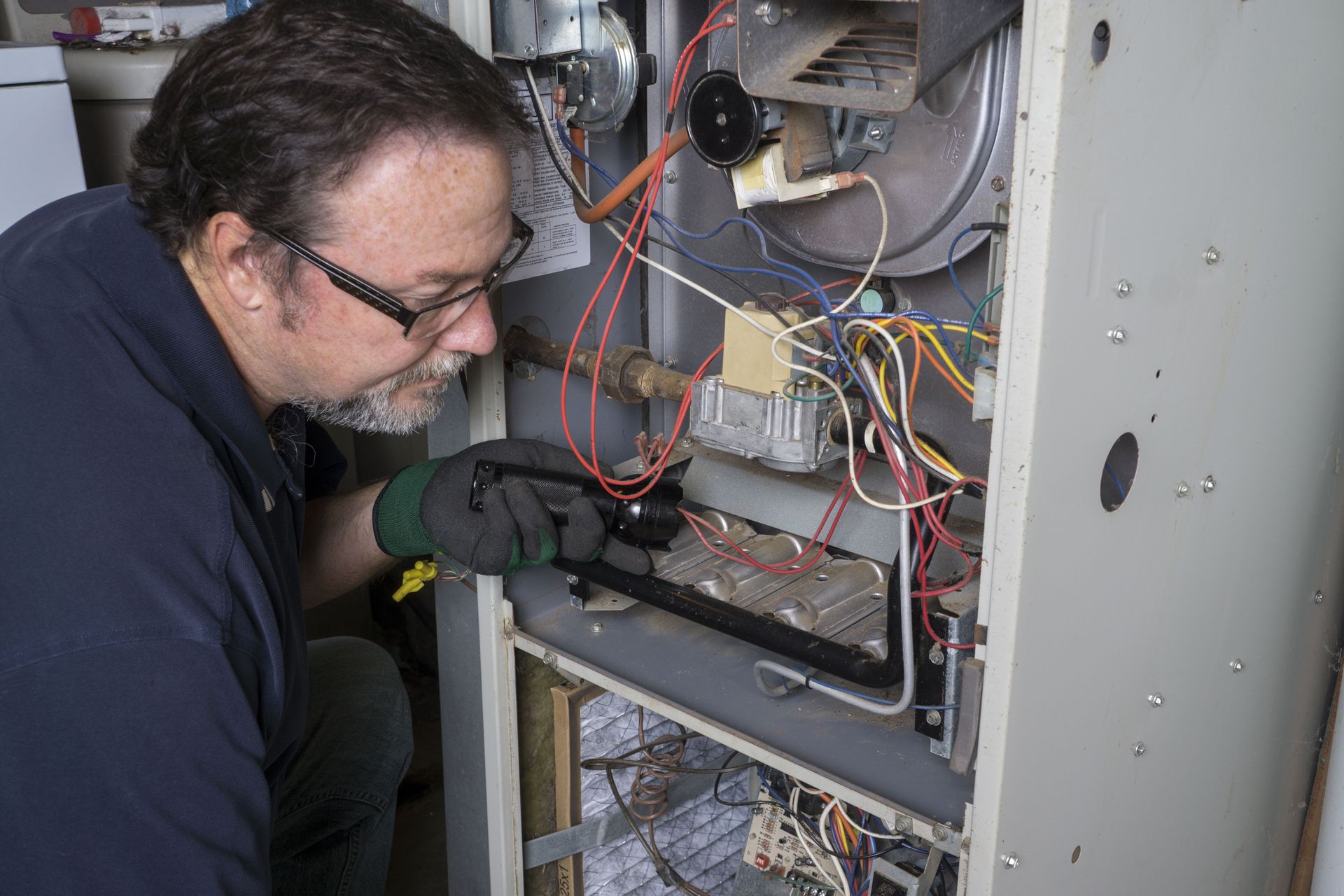4 Tips on Air Conditioning Maintenance, Repair, and Replacement
Air conditioning systems are an essential part of modern life, keeping homes and workplaces comfortable even during the hottest months. Proper maintenance, timely repairs, and eventual replacement of your AC system are critical for energy efficiency, cost savings, and system longevity. Neglecting your air conditioner can lead to frequent breakdowns, higher utility bills, and inconsistent cooling, leaving you uncomfortable and frustrated.
By following best practices for maintenance, repair, and air conditioning replacement, you can ensure your system performs reliably for years to come. Regular attention to your AC not only extends its lifespan but also improves indoor air quality, prevents unexpected breakdowns during peak heat, and allows you to take advantage of modern energy-efficient technologies that save money and reduce environmental impact. Understanding when to maintain, repair, or replace your air conditioning unit may feel overwhelming. However, taking a proactive approach has numerous benefits, from improved air quality to reduced repair costs.
1. Understanding Your AC System
Air conditioning systems come in various forms, each suited to different spaces and cooling needs. Central air conditioners provide consistent, whole-home cooling through ductwork, making them ideal for larger homes. Ductless mini-splits offer flexibility and individualized room control, perfect for retrofits or areas without existing ducts.
Window units and portable air conditioners serve as temporary solutions, offering mobility and convenience for apartments or smaller spaces. Selecting the right system requires considering your space, energy needs, and personal preferences. Proper system choice ensures efficiency and comfort while minimizing long-term issues.
Every AC system has core components that work together to provide cooling. The compressor circulates refrigerant, facilitating heat transfer. The evaporator coil absorbs indoor heat, while the condenser coil expels it outdoors. Fans and blowers move air throughout the space, completing the cycle. Knowing how these parts function helps homeowners identify problems early.
Air conditioners may experience uneven cooling, strange noises, water leaks, or inconsistent temperatures. High energy bills often indicate overworked systems caused by dirty filters or failing components. Identifying these signs early allows for timely intervention. According to the U.S. Department of Energy, regularly clean or change your air conditioner filters one time a month, or follow the schedule advised by your HVAC professional.
An air conditioning unit must be appropriately sized for your home or office. An undersized system struggles to maintain comfortable temperatures, while an oversized unit cycles on and off too frequently, causing wear and inefficiency. Matching the cooling capacity (measured in BTUs) with the space, insulation, and climate ensures optimal performance. Professional assessments are often recommended to calculate the ideal size accurately.
2. Following Routine Maintenance Practices
Your air conditioner's filter is essential for airflow and efficiency. Clogged filters restrict airflow, forcing the system to work harder and consume more energy. Replacing or cleaning filters monthly, as recommended by your HVAC contractor, prevents performance drops and reduces utility costs. Routine filter maintenance also helps maintain indoor air quality and prolongs the life of other AC components. Incorporate filter checks into your seasonal maintenance schedule to stay ahead of potential issues.
Evaporator and condenser coils are crucial for heat exchange. Dust and debris buildup reduces their effectiveness, leading to longer cooling cycles and higher energy bills. Periodic coil cleaning, ideally during professional maintenance visits, keeps your system operating efficiently.
The AC drain line removes condensation generated during cooling. Over time, mold, algae, or debris can clog this line, causing leaks and water damage. Inspecting and clearing the drain periodically prevents these issues. A combination of vacuuming and flushing with a vinegar-and-water solution keeps the line free-flowing. Properly maintained drain lines help your system avoid unnecessary strain and potential damage.
Electrical connections ensure safe and consistent AC operation. Loose or damaged wiring can cause system inefficiencies or hazards. Periodically check for frayed wires, corrosion, or rodent damage, and secure connections as needed. If handling electrical components is uncomfortable, hire a licensed technician. Proper electrical maintenance prevents costly breakdowns and ensures your system operates safely and reliably.
Professional tune-ups are vital for maintaining system longevity and efficiency. Skilled HVAC technicians inspect refrigerant levels, motor performance, and internal components inaccessible to homeowners. Bi-annual checks, typically before summer and winter, prepare your system for seasonal demands. Regular professional maintenance extends lifespan, preserves warranties, and ensures consistent comfort.
3. Troubleshooting Common AC Problems
Weak airflow may result from clogged filters, blocked ducts, or faulty fans. Start by inspecting and replacing filters, then check ductwork for visible obstructions or leaks. Malfunctioning fans may require professional attention. Addressing airflow issues promptly prevents system strain and maintains efficient cooling.
Uneven cooling often stems from leaking ducts, improper sizing, or airflow obstructions. Ensure vents are unobstructed, windows are sealed, and doors close properly. Professional assessments can determine if adjustments or upgrades are necessary. Zoning systems or ductless mini-splits can provide more balanced temperatures for different areas, improving comfort and energy efficiency.
Rattling, buzzing, or grinding noises indicate mechanical or electrical issues. Inspect for loose parts or debris, but avoid disassembling components if unsure. Licensed technicians can identify and fix underlying problems before they escalate. Preventing wear-induced noise protects system components and keeps your home environment comfortable.
A malfunctioning thermostat disrupts AC performance and energy efficiency. Start by checking batteries and settings, and ensure proper calibration. Persistent issues may require a new thermostat or professional evaluation. Modern smart thermostats offer precise control and can optimize energy usage while maintaining comfort.
Refrigerant leaks reduce cooling efficiency and pose environmental risks. Signs include ice on coils or warmer-than-usual air from vents. Identifying and repairing leaks requires professional equipment and expertise. Timely intervention protects the compressor, prevents costly repairs, and maintains system efficiency.
4. Managing Air Conditioning Replacement
Sometimes, repairs are no longer cost-effective, and air conditioning replacement is the best option. Persistent high repair costs, frequent breakdowns, or outdated systems signal it may be time for a new unit. Upgrading to an energy-efficient system can reduce utility bills, improve performance, and provide long-term comfort.
Choosing the proper replacement system involves evaluating space, energy requirements, and personal preferences. Central AC, ductless mini-splits, or hybrid systems may suit different needs. Consulting a licensed HVAC contractor ensures the correct system is installed for optimal efficiency. Professional installation also guarantees safety and adherence to manufacturer guidelines.
Air conditioning replacement requires careful planning to minimize downtime. Coordinate timing with seasonal needs and schedule professional installation to ensure a seamless transition. Proper planning prevents uncomfortable gaps in cooling and ensures your system starts off efficiently.
When upgrading, consider energy-efficient models, smart thermostats, and proper sizing. These enhancements maximize comfort, reduce costs, and increase the lifespan of your new system. Air conditioning replacement is an investment in home comfort and long-term savings. Strategic choices today pay dividends for years to come.
Before committing to air conditioning replacement, it's important to assess the potential long-term benefits versus immediate costs. Compare warranties, energy efficiency ratings, and anticipated maintenance requirements of different models to ensure you're making a wise investment.
Maintaining, repairing, and replacing your air conditioning system are crucial steps to ensure comfort, energy efficiency, and cost savings. Regular maintenance, timely repairs, and careful planning for air conditioning replacement extend system life, improve performance, and reduce unexpected issues.
Staying proactive with inspections, filter changes, and professional servicing helps prevent costly breakdowns and ensures consistent cooling. For guidance, reliable solutions, and expert service, contact Local Plumber and HVAC to schedule a consultation or professional air conditioning replacement today.






Share On: